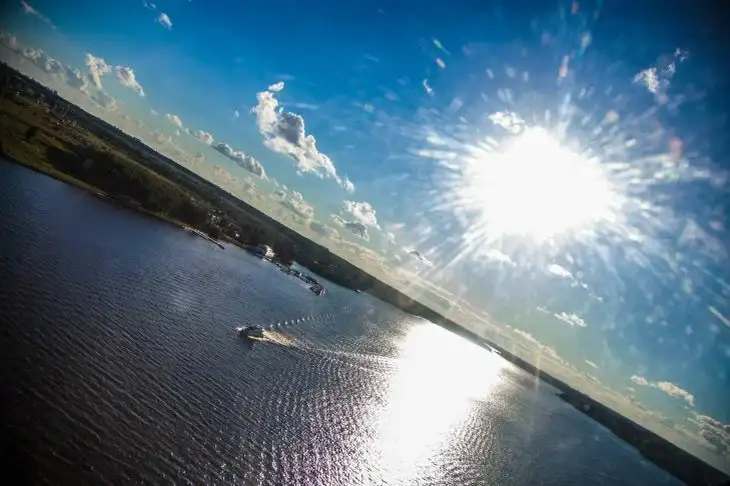Heatstroke in a child: signs and what a parent should do
Heat stroke can be described as a disturbance of heat transfer due to prolonged exposure to high environmental temperatures.
For example, a child can get heat stroke if he or she is in a car without air conditioning, in a hot room, or in the open sun for a long time.
Signs of heat stroke
If you notice that your baby has a fever, is nauseous or vomiting, feels dizzy or weak - all this is a reason to be wary.
In addition to those listed, signs of heat stroke may include loss of consciousness, convulsions, rapid heartbeat, and shallow breathing.
In severe cases, children experience respiratory and circulatory arrest.

What to do if your child has heatstroke
The first thing you should do is move the baby to a cool place.
If the baby is wearing a diaper, take it off. Clothes should also be removed if possible, or at least unbuttoned.
A child who is conscious should be given cool water to drink.
If the baby is unconscious, call an ambulance immediately and monitor the little person’s breathing and heartbeat until help arrives.
Earlier we talked about how to help a child become kinder.
